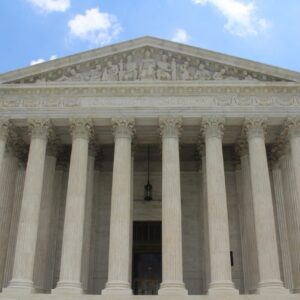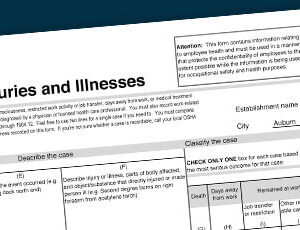Description
The investigation is essential in determining the validity of a complaint of protected class harassment and bullying. Conducting a fair and impartial investigation diminishes liability and can decrease further misconduct by preventing it from becoming pervasive. The investigation may serve to minimize damages paid to the complainant. The institution demonstrates its commitment to the prevention and intervention of the misconduct resulting in less harassment, discrimination and bullying. By conducting its own investigation, the employer may avoid an investigation by another agency such as the EEOC. An investigation is required to help ensure a safe and healthy organizational climate.
Anyone who conducts an investigation must be trained in how to do so. Merely having the experience of conducting investigations without having been taught the art and science of the process is not enough. When your organization ensures it is investigator is trained in how to conduct investigations, it demonstrates its commitment to prevention of harassment to the Court or outside agency.
Why should you attend ?
The EEOC requires that employers receiving a complaint, or otherwise learning of alleged harassment in the workplace, to “investigate promptly and thoroughly…take immediate and appropriate corrective action by doing whatever is necessary to end the harassment, make the victim whole by restoring lost employment benefits or opportunities, and prevent the misconduct from recurring”. That’s a tall order to ensure a just and fair handling of a harassment complaint – an essential order that all organizations are required, by law, to follow. The investigation process is, perhaps, the most critical element in dealing with harassment. In cases that have gone to court it is often due to inadequate or absent investigations of complaints. Do you know how to conduct an investigation? This program will cover the intricacies of conducting a harassment investigation. The webinar addresses laws that HR is responsible for upholding. When the laws are not followed, it increases the liability for the organization and interferes with a fair and equitable work environment for employees
Session Highlights:
- The do’s and don’ts’ of investigating
- List of Specific questions to ask of the complainant, the accused and the witnesses
- Steps to avoid charges of defamation
- How to determine of there is a violation of your policies
- Template of the final report
- Discussion of the critical aspects of documentation
- Determining consequences to the accused
- The standard used in determining the outcome of the investigation
- Monitoring the environment following a complaint
Topics that will be covered in the webinar:
- To determine if an investigation is necessary
- To discuss the steps of an investigation
- To explore the intricacies of interviewing the accuser, accused and witnesses
- To discuss virtual investigations
- To differentiate between a formal and informal investigative procedure
- To determine credibility of all interviewees
- To draw conclusions following an investigation
- To list necessary elements in writing the formal report outlining the investigation
Who should attend ?
Human Resources professionals from all businesses and industries


 Dr. Susan Strauss
Dr. Susan Strauss



